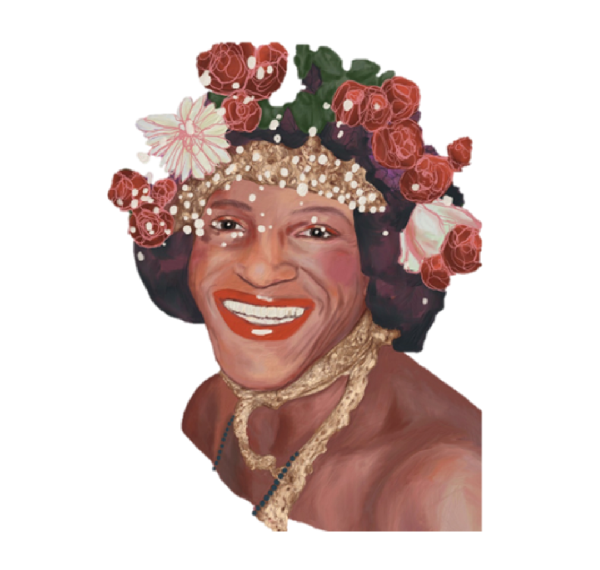Marsha P. Johnson
Sparking the modern LGBTQ rights movement
Marsha "Pay It No Mind" Johnson was a transgender woman and an activist who regularly went to Stonewall Inn, a gay bar in New York that was often raided by police in the 60s. During a police raid on June 28, 1969, the people in the bar fought back, with Marsha at the helm, which many say sparked the modern LGBTQ rights movement.

In 1970, she co-founded STAR, Street Transvestite Action Revolutionaries, a trans rights group and a shelter for homeless trans teens. Marsha died in 1992 under mysterious circumstances, and the case is still unsolved.